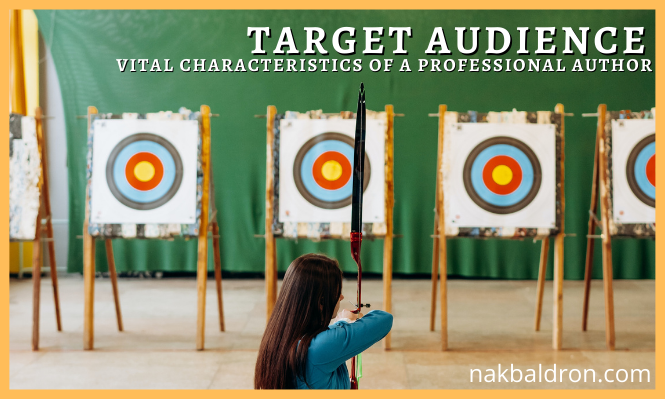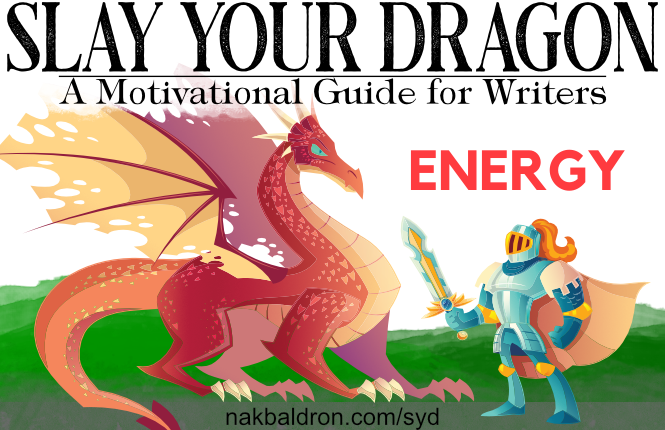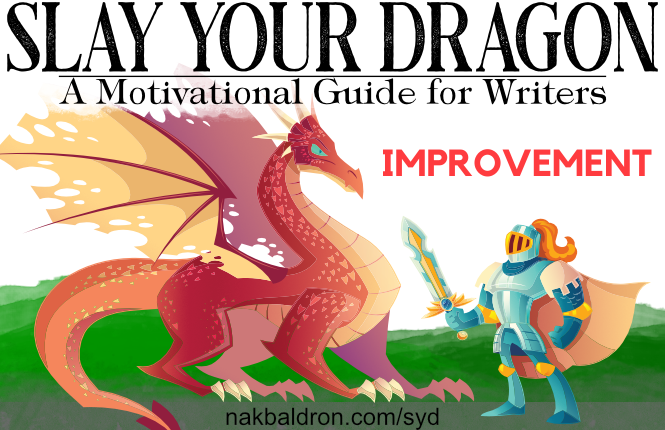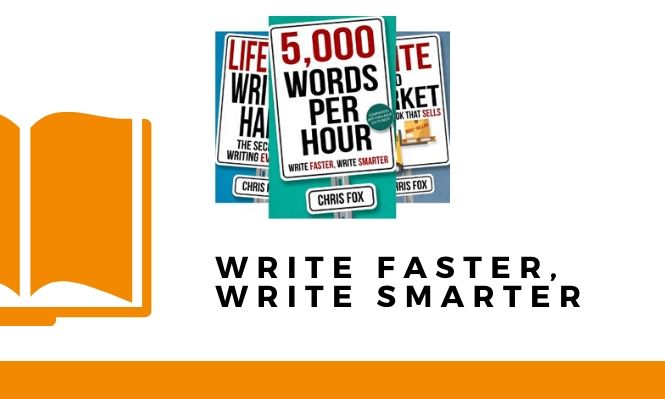A clear understanding of the target audience
Having a clear understanding of the target audience is an essential aspect of being a professional author. Knowing who your readers are and what they are looking for in a book can help you craft a story that resonates with them and meets their expectations.
There are many factors to consider when determining your target audience, including age, gender, interests, and reading level. It is important to consider these factors when developing your characters, plot, setting, and themes, as well as when choosing your genre and style.
Genre Selection:
Genre selection is an important aspect of being a professional author, as it can have a significant impact on the style, tone, and content of a book. A genre is a category of literature that is defined by its specific style, conventions, and subject matter. Some common genres are Romance, Mystery & Suspense, Science Fiction, and Fantasy. (These also tend to be the highest earning fiction genres.)
When selecting a genre, it is important to consider the type of story you want to tell and the audience you are trying to reach. Different genres have different conventions and expectations, and it is important to choose a genre that aligns with your story and your target audience.
It is also important to consider the market demand for different genres when selecting a genre for your book. Some genres may be more popular or in demand than others at any given time, and it can be helpful to consider this when deciding which genre is the best fit for your book.
Having a clear understanding of your target audience can also help you to effectively market and promote your book. By knowing who your readers are, you can tailor your marketing efforts and outreach to reach them and engage them in your work.
Romance:
The romance genre is a category of literature that is defined by its focus on romantic relationships and emotions. Romance novels typically feature a romantic plot and well-developed romance between the main characters, and are known for their emphasis on love, passion, and emotional connection.
There are many sub-genres within the romance genre, including contemporary romance, historical romance, paranormal romance, and romantic suspense, among others. Each sub-genre has its own conventions and expectations, and it is important for authors writing within the romance genre to be familiar with these conventions and adhere to them.
Some common elements of the romance genre include:
A central romance plot: Romance novels typically revolve around the development and evolution of a romantic relationship between the main characters.
Well-developed characters: Romance novels often feature complex and well-developed characters, with their own motivations, desires, and flaws.
Emotional depth: Romance novels are known for their emphasis on love, passion, and emotional connection, and should include scenes and dialogue that reflect this.
A happily-ever-after ending: Romance novels typically have a happy ending, with the main characters resolving any conflicts and living happily together.
Mystery:
The mystery genre is a category of literature that is defined by its focus on solving a crime or puzzle. Mystery novels typically feature a detective or protagonist who is trying to solve a crime or uncover the truth about an event, and are known for their use of clues, red herrings, and twists to keep the reader guessing.
There are many sub-genres within the mystery genre, including traditional mystery, cozy mystery, thriller, and suspense, among others. Each sub-genre has its own conventions and expectations, and it is important for authors writing within the mystery genre to be familiar with these conventions and adhere to them.
Some common elements of the mystery genre include:
A central mystery or crime to be solved: Mystery novels typically revolve around the investigation and resolution of a crime or puzzle.
A detective or protagonist: Mystery novels often feature a detective or protagonist who is trying to solve the mystery.
Clues and red herrings: Mystery novels use clues and red herrings to keep the reader guessing and to lead the detective or protagonist down the wrong path.
Twists and turns: Mystery novels are known for their unexpected plot twists and turns, which keep the reader engaged and on the edge of their seat.
A satisfying resolution: Mystery novels should have a satisfying resolution, in which the crime or puzzle is solved and the truth is revealed.
Science Fiction:
The science fiction genre is a category of literature that is defined by its focus on speculative and imaginative concepts, often involving advanced science and technology. Science fiction novels typically feature futuristic or alternative worlds, and explore the possibilities and consequences of scientific, technological, and social advancements.
There are many sub-genres within the science fiction genre, including hard science fiction, soft science fiction, cyberpunk, and space opera, among others. Each sub-genre has its own conventions and expectations, and it is important for authors writing within the science fiction genre to be familiar with these conventions and adhere to them.
Some common elements of the science fiction genre include:
Imaginary worlds or alternate realities: Science fiction novels often feature futuristic or alternative worlds, or explore the possibilities of alternate realities.
Advanced science and technology: Science fiction novels often include advanced science and technology, and explore the possibilities and consequences of their use.
Speculative concepts: Science fiction novels are known for their imaginative and speculative concepts, which explore the possibilities and limitations of science, technology, and society.
Explorations of social and cultural issues: Science fiction novels often use their imaginary worlds and advanced technology as a way to explore and comment on social and cultural issues.
Fantasy:
The fantasy genre is a category of literature that is defined by its use of magic, supernatural elements, and imaginative worlds. Fantasy novels typically feature fantastical creatures, mythical beings, and magical powers, and often take place in alternative or imaginary worlds.
There are many sub-genres within the fantasy genre, including epic fantasy, high fantasy, urban fantasy, and folklore fantasy, among others. Each sub-genre has its own conventions and expectations, and it is important for authors writing within the fantasy genre to be familiar with these conventions and adhere to them.
Some common elements of the fantasy genre include:
Imaginary worlds or alternative realities: Fantasy novels often take place in alternative or imaginary worlds, and may feature fantastical creatures, mythical beings, and magical powers.
Magic and supernatural elements: Fantasy novels are known for their use of magic and supernatural elements, which can be central to the plot or used as a background element.
Well-developed and complex characters: Fantasy novels often feature complex and well-developed characters, with their own motivations, desires, and flaws.
An overarching plot: Fantasy novels often have an overarching plot that ties together the various elements of the story, and may involve a quest or journey of some kind.
Genre Selection:
When selecting a genre, it is important to consider the type of story you want to tell and the audience you are trying to reach. Different genres have different conventions and expectations, and it is important to choose a genre that aligns with your story and your target audience.
It is also important to consider the market demand for different genres when selecting a genre for your book. Some genres may be more popular or in demand than others at any given time, and it can be helpful to consider this when deciding which genre is the best fit for your book.
Overall, genre selection is an important aspect of being a professional author, as it can have a significant impact on the style, tone, and content of your book.
Having a clear understanding of your target audience can also help you to effectively market and promote your book. By knowing who your readers are, you can tailor your marketing efforts and outreach to reach them and engage them in your work.
Rebranding, A/B Testing Coves, and How to Identify the Right Niche Before You Launch
Free Blog post version: https://www.nakbaldron.com/rebranding-a-b-testing-covers-and-how-to-identify-the-right-niche-before-you-launch/
“Genre Identification
When positioning your novel in the market it’s more than just picking a parent genre (Romance, Mystery, Fantasy, etc..); it’s about selecting the most detailed sub-niche you can identify in the market.Ideally this process has begun long before you wrote the first word, but if you’re anything like me, you wrote the novel first and now it’s time to sell it.
How do we position ourselves for success?”
Expanded Patreon Version: https://www.patreon.com/posts/november-tribe-b-73725359
More than triple the content with a real-world example of how Hill Country Mystery series developed from a niche story that didn’t fit in the market, to a successful animal cozy mystery, without rewriting the content of the novel. And a guided explanation of how you can use the same process for your own novels (ideally before you launch) improving your own success within the marketplace.
Sections:
“2020 Launch
Original Fresh Brew Image
Pros & Cons
2021
Rebranding!
2022 final iteration
3 Step Process to Identify Ideal Reader (Build Superfans)
Time to read the reviews!
Identify Your Unique Quality
Redesign and Test”
Become a member of Aconite Café’s Writer Tribe Patreon and join an exclusive Discord community where you can connect with like-minded writers and take your craft to the next level. Every week, I host a voice chat where I present a thought-provoking topic and answer your questions to help you deepen your understanding and improve your marketing and writing skills.
Don’t miss out on this opportunity to be part of a supportive and dynamic writing community – join today and start reaching your full potential as a writer!





